Discovering Secrets Beneath the Earth
There’s something thrilling about unearthing secrets that lay hidden beneath the earth’s surface. During a recent family outing with Mike, amidst the laughter and playful cheers, I employed my long-range metal detector to explore areas marked for underground water detection. The device, a guardian of deep-seated mysteries, beeped animatedly as we discovered potential groundwater spots—a moment both exhilarating and bonding for us all. This adventure not only brought us closer to nature but deeper into the folds of geophysical wonders, guided by advanced technologies in metal detecting.
Unveiling Underground Treasures: Engaging Long-Range Metal Detectors
Imagine strolling through an open field, the sun just beginning to set, and every swing of your long-range metal detector brings you closer to the earth’s hidden stories. This isn’t just a tool; it’s a gateway to the past. I’ve had countless adventures where these devices have not only located metals but also unearthed secrets from below. The key is understanding the device’s ability to penetrate through different soil types, enhancing the chances of discovering buried artifacts or underground water sources. Each beep brings a rush of adrenaline, and the anticipation builds up like a treasure hunter on the cusp of a significant find. With each find, the stories behind these objects come alive, weaving a rich tapestry of history right in our backyard.
The Art of Ionic Field Metal Detecting: Techniques and Tips
Metal detecting takes a sharp turn into the realm of high technology when you start working with ionic fields. These fields, invisible to the eye but detectable by specialized equipment like the ones featured in our Ionic Field Metal Detectors, can reveal the presence of groundwater or valuable minerals that have been in the earth’s embrace for centuries. Over the years, I’ve learned that the slightest variation in the ionic field can signal something spectacular just beneath my feet. For beginners, mastering this technique can seem daunting. Start by setting up your device correctly—ensure the antennas are fully extended to capture the most comprehensive range of data. As you slowly circle the area of interest, keep your movements steady and your senses alert for any changes in the device’s feedback. Remember, patience and precision are your best tools for ensuring successful detection.

Advanced Geophysical Systems for Effective Water Detection
In the heart of every treasure hunt with a metal detector is a story of patience and technology, particularly when leveraging advanced geophysical systems for underground water detection. These systems, designed to be both sensitive and specific, allow us to peer deeper beneath the surface, revealing the mysteries of groundwater reservoirs hidden for ages. It’s fascinating to think about how these modern tools can identify water deposits by interpreting the different geological formations and ionic variations they encounter. Through these technologies, seeking out water sources becomes not just a search, but a robust scientific expedition.
Harnessing Technology for Historical Treasure Hunting
Now, let’s talk about the truly thrilling part of metal detecting – historical treasure hunting. The quest for treasures lost in time is nothing short of exhilarating. It’s about more than just finding relics; it’s about connecting with history. With long-range metal detectors and the right techniques, you can uncover objects that have been buried for centuries, bringing them back to the light of day. Each signal, each alert from the detector might lead to a coin, a piece of jewelry, or even artifacts from ancient civilizations, making each outing a potential doorway to the past. It’s these moments that truly define the essence of being a treasure hunter.
| Product Name | Features | Pros | Cons | Categories |
|---|---|---|---|---|
| Long-Range Metal Detector |
|
|
|
How do long-range metal detectors work for underground treasure hunting?

Long-range metal detectors operate by sending frequencies that penetrate the ground deeply enough to detect the presence of metals and artifacts. The effectiveness of this technology relies on its capability to differentiate between soil types and to identify the specific signals that indicate the presence of objects of interest deep below the surface.
What are ionic fields and how do they aid in metal detecting?

Ionic fields are electrical fields generated around buried metals that have interacted with groundwater over time, altering their ion exchange. Metal detectors equipped to detect these fields can locate minerals or water sources buried underground, providing a significant advantage in specialized metal detecting scenarios.
Can advanced geophysical systems detect water besides metals?

Yes, advanced geophysical systems are not limited to detecting metals. These systems are equipped with the technology to sense variations in the geological strata and ionic fields, which help in identifying underground water reserves as well. This technology is particularly useful in arid regions where locating groundwater is crucial.
What tips can beginners use to maximize success in metal detecting?

Beginners should start by choosing the right detector for their needs, familiarize themselves with their device's settings, and practice in different environments. It's also beneficial to understand the area's historical context to better predict locations of potential finds. Patience and persistence, along with methodical scanning techniques, are key to successful detecting.
How do you preserve historical artifacts found through metal detecting?

Found artifacts should be handled gently to avoid damage. If the item is significantly valuable or historically important, it's advisable to contact local archaeological authorities. For personal collection, cleaning should be minimal and conducted with mild soaps or simply water, and storage should be in a controlled environment to prevent degradation.

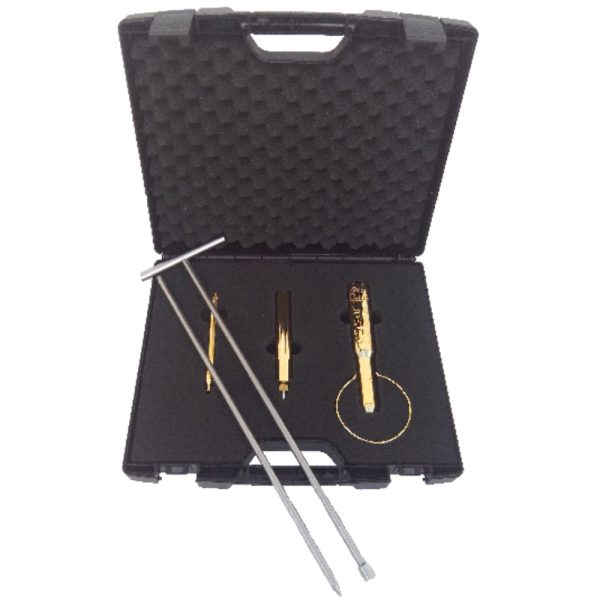
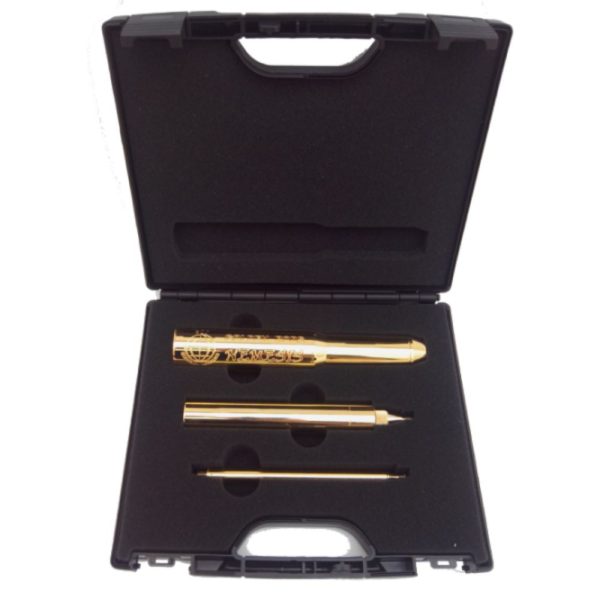
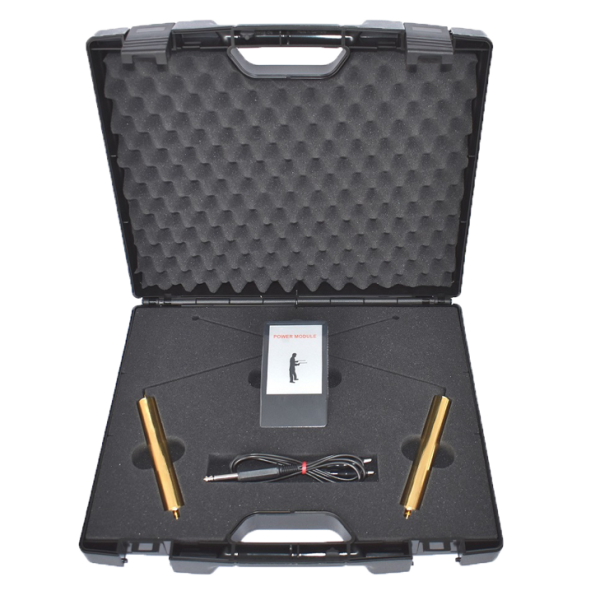
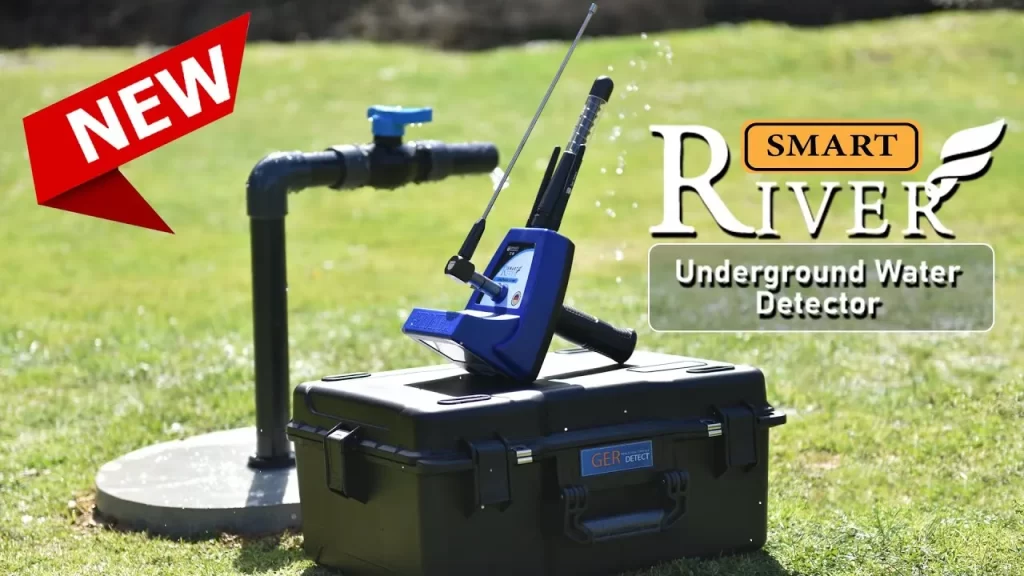

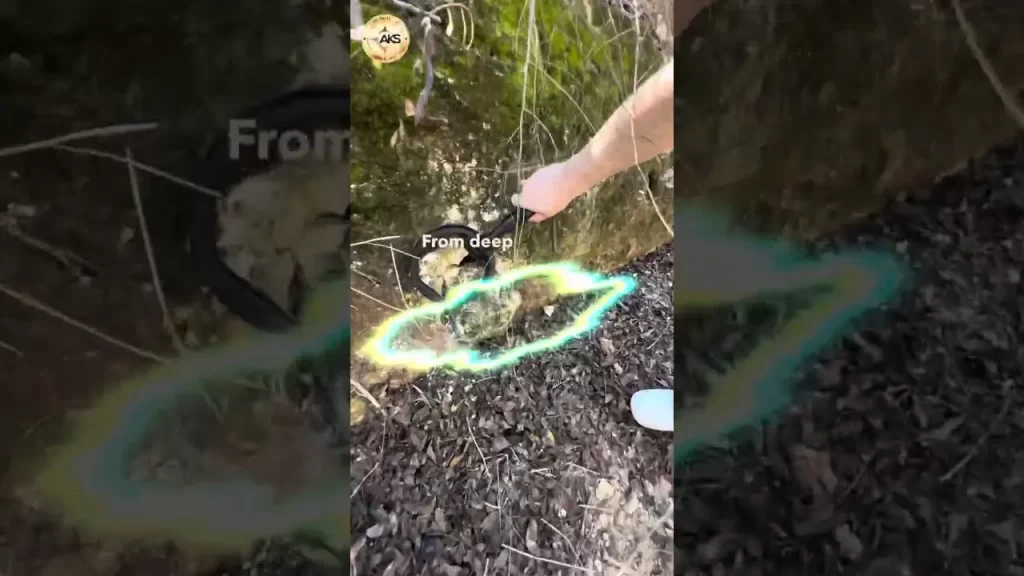


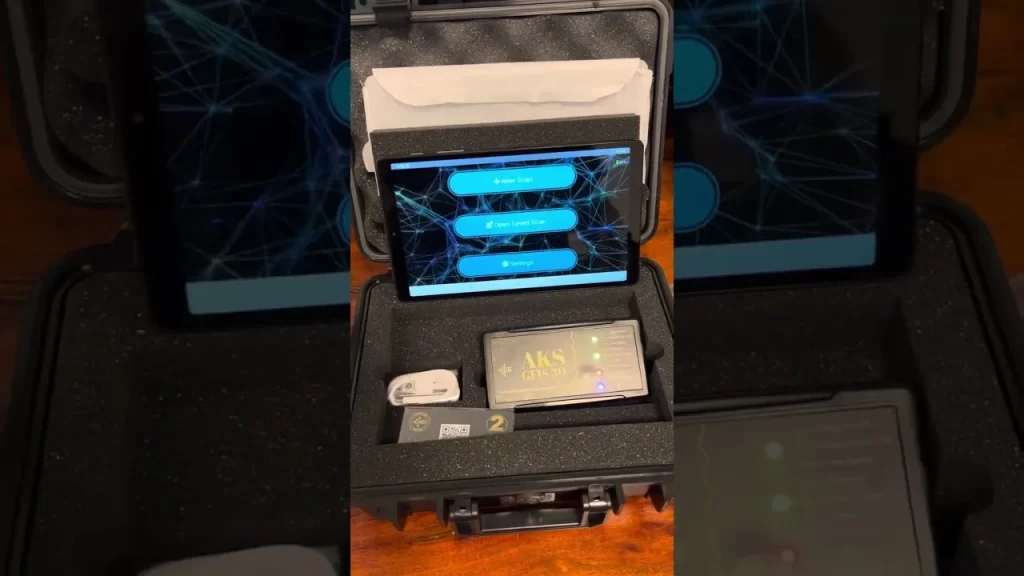
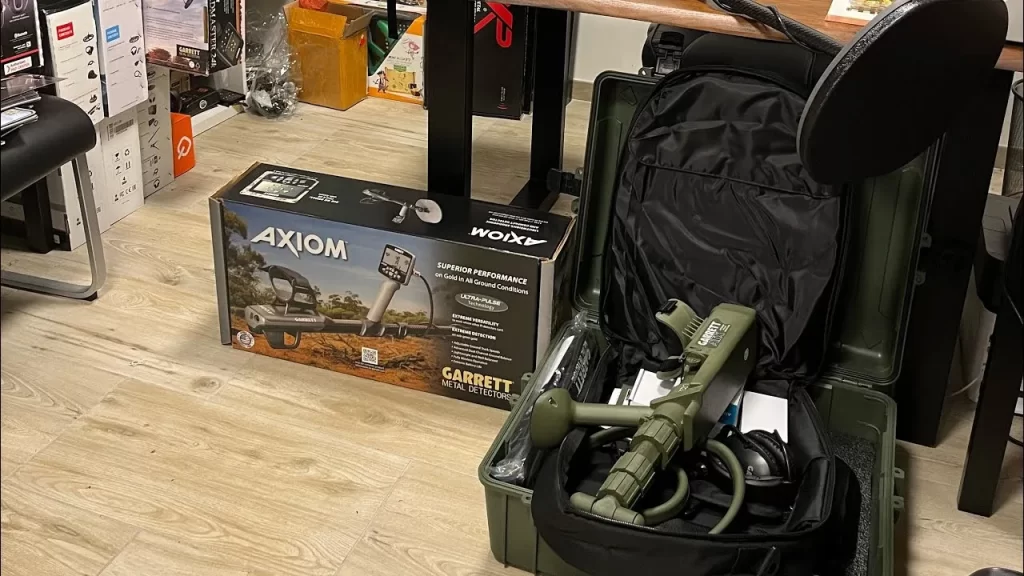
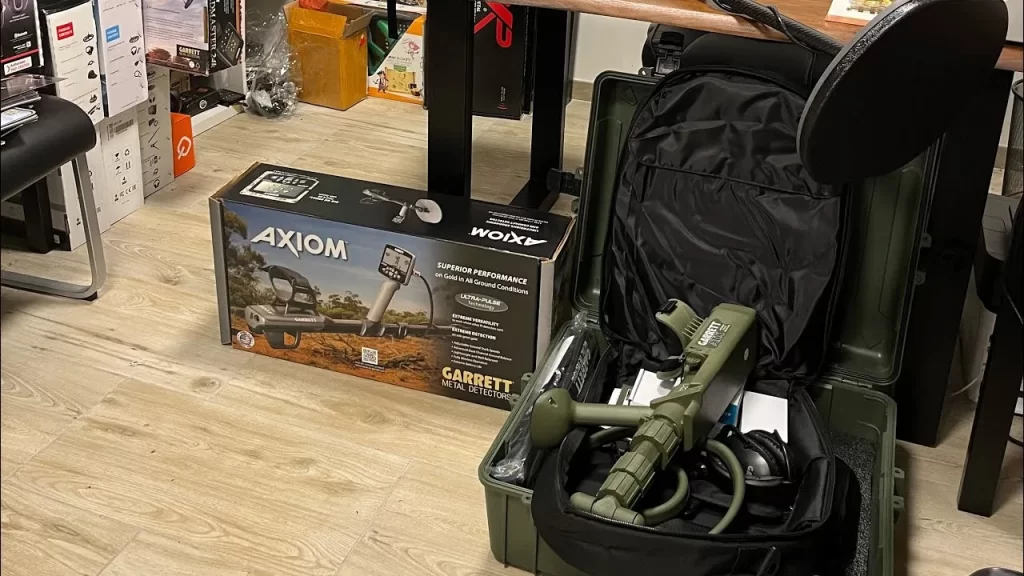
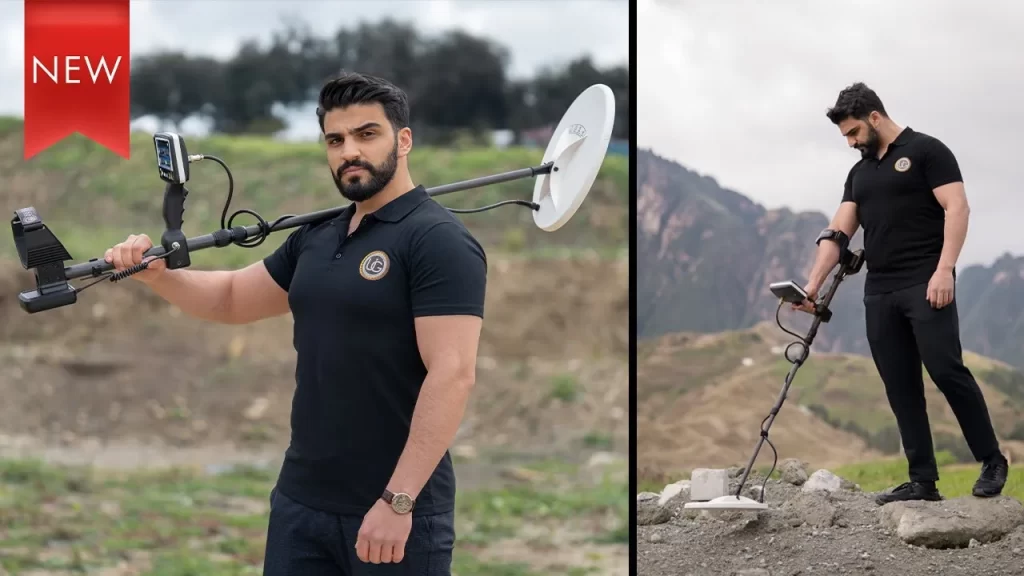


0 Comments